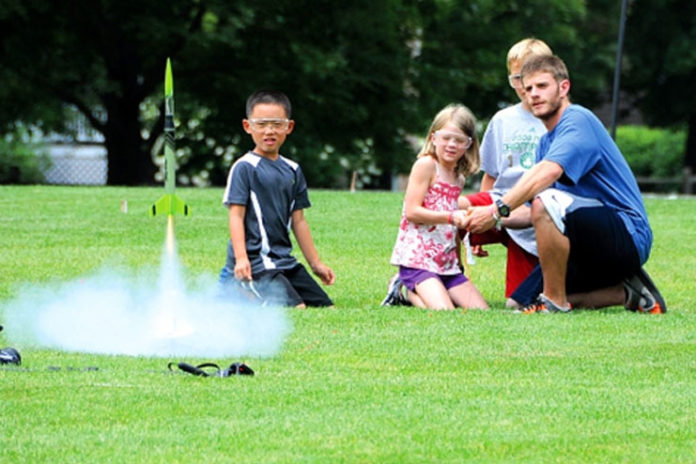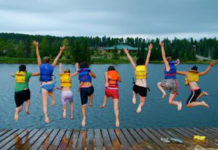The STEM movement: What is it all about, why do we need it, and what makes a good program?
Science, Technology, Engineering and Math are the subjects at the heart of the STEM movement in MA. In November 2013, Governor Patrick announced a STEM plan with the goal of giving all kids the opportunity for STEM education and “advancing the STEM movement.” As a result of this, we see many educators responding with specialized programs and Summer Camps for kids of all ages.
Why do we need STEM programs? According to National Math and Science Initiative, only 44% of US high school grads were ready for college level math courses and only 36% were ready for science in 2013. Additionally, the website stated, “U.S. students fall behind 31 countries in math proficiency,” according to a 2011 Harvard study.
If you’re like many parents, you want to take advantage of the STEM movement by seeking opportunities for your child to acquire or enhance his or her ability to think critically, as one day he or she will need to have the tools to take on life challenges. These challenges can be anything from dealing with a flat tire to creating a vaccine to halt a worldwide health epidemic. As a parent, here are some important points to keep in mind when selecting an outstanding STEM program:
Safety
You should be able to easily obtain information on the program’s safety policy and procedures. If you don’t know up front, it’s worth it to ask. You will want to feel confident in your child’s safety.
Expert instruction
Instructor competence is an important requirement. A class or camp that includes science experiments should be staffed with experts in the field for obvious safety and instructional reasons. A good organization will have this information at the ready (if you have not already seen it in a brochure or on the organization’s website).
Connection to the real world
Children understand and relate to concepts when they are tied to real life. Learning involves so much more than memorization of facts. If the curriculum includes activities that tie in real life experiences, then the child has a much better chance of truly learning something without a lot of memorization.
Teamwork
As adults, both in our work and personal lives, we encounter many problems to solve in which the successful contribution of any one of us depends on the abilities of different and unique personalities working together. If kids can learn how to work together successfully to solve problems now, they will be that much more prepared to work in a team environment in the future. The more practice with this the better.
Mistakes are part of learning
Your child should feel free to make mistakes. A good instructor knows that mistakes are an inevitable part of the learning process, and will keep the class excited enough about what they are learning in order to rise above any challenge.
LINX Science Classes, Science Camp, and Spy Adventure Camp contribute to the STEM movement, as kids learn science, technology, engineering and math skills in a unique and fun way. All are led by experts, and focus on real world, hands-on projects that vary from week to week, to give children the best understanding of how physics, chemistry and engineering are connected to everyday life. The concepts learned in science class and camp includes magnetic field, rocket propulsion, electricity and more. Spy Adventure Camp teaches the math, logic, critical thinking and coding skills needed to write a secret code, and extends into a team mission to recover a stolen object. Our programs are successful largely because of LINX’s goal to teach kids how to reason and think strategically as a group, while using creativity in a fun and safe environment. We know from experience that kids thrive in an environment where they can feel safe to experiment, learn from mistakes, and take pride in each success. We are proud of our quality contributions to the STEM movement, and we will continue to keep fun-based learning at the heart of every class or camp we offer.
– Grace Tummino









